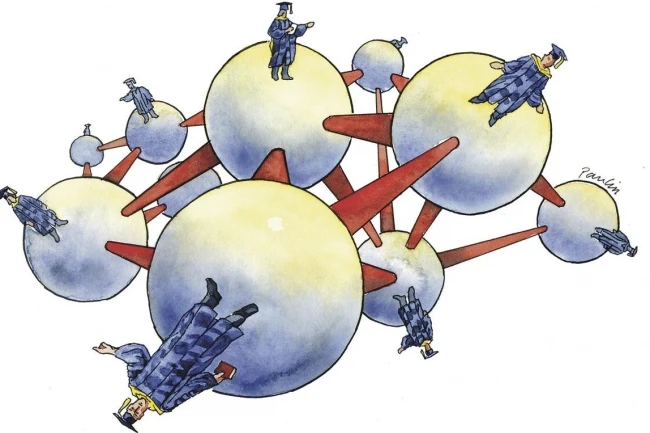✕
Austrian Epistemics
Roger Koppl and Solomon Stein
Mercatus Center: F. A. Hayek Program, GMU, 2018
Mercatus Center: F. A. Hayek Program, GMU, 2018
Level: advanced
On this episode of the Hayek Program Podcast, Professor Roger Koppl talks with Hayek Program Research Fellow Solomon Stein about his research on experts, evolution, and the dynamics of epistemics, his career, and in what future direction(s) he thinks Austrian economics will go.
Comment from our editor team:
Highly informative for anyone interested in the social construction of knowledge and how that plays out in economics. Also presents an example of highly interdisciplinary work that Roger Koppl is engaged in.
We use cookies on our website. Click on Accept to help us to make Exploring Economics constantly better!

